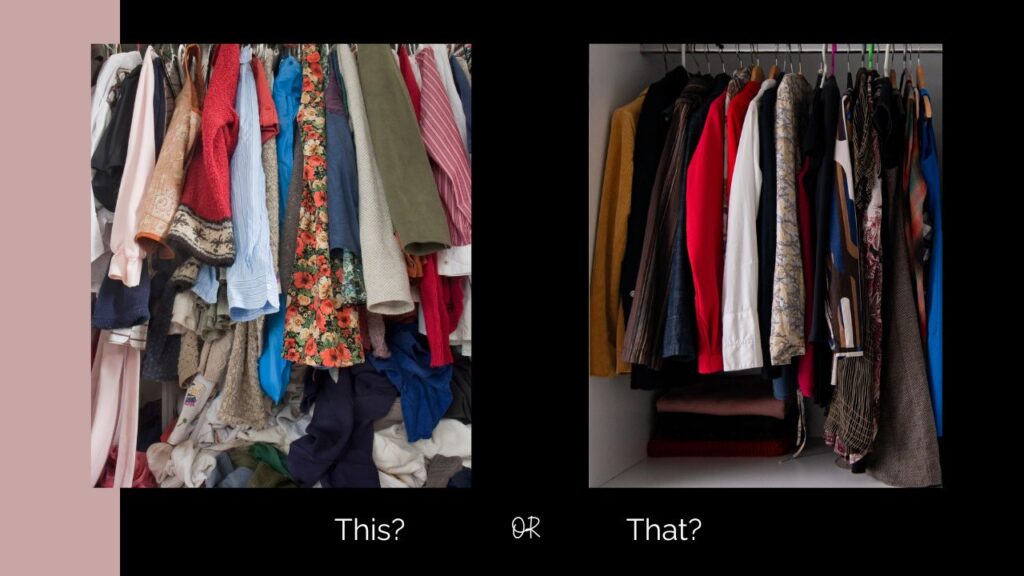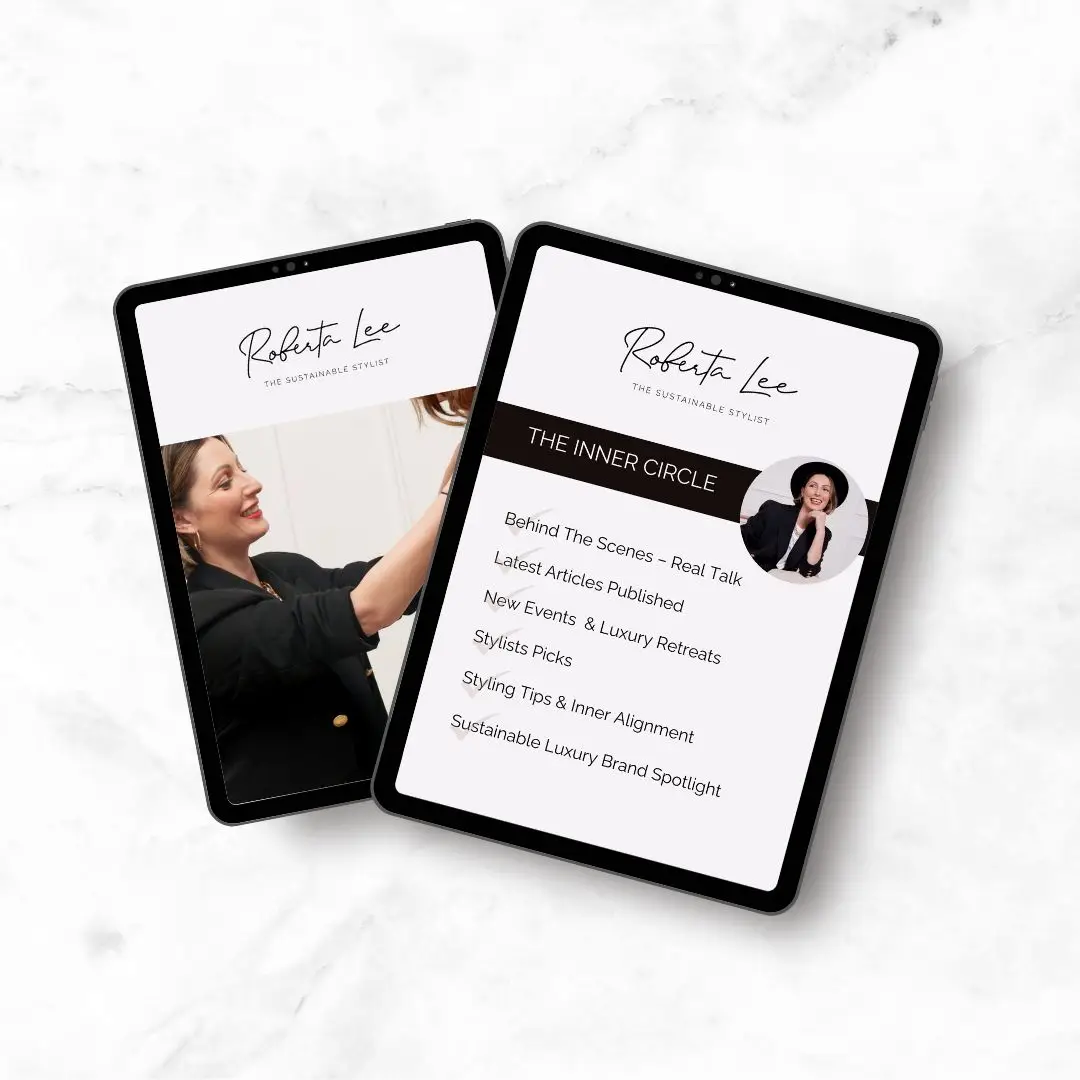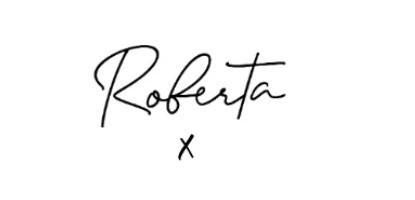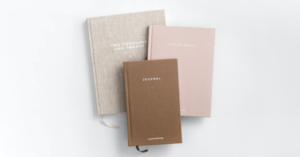Have you wondered if overconsumption affects your mental health and whether the clutter impacts your well-being? We live in an age where consumption is part of our everyday lives, and spending frequently and accumulating stuff is common, but you could argue it’s making our lives more stressful.
We all know the buzz we get when we buy new things – but I think we can also all relate to how short-term that burst of happiness is. Unfortunately, the buzz and happy feeling don’t last, and before long, you need to buy something else. This creates a vicious cycle of overconsumption – and hoarding of stuff that many of us (including myself in the past) fall victim to.
As damaging as this cycle is for our bank accounts it can be just as damaging to our mental health. Given Mental Health is spoken about today with much less taboo – I wanted to highlight why our addiction to buying so many new clothes is hurting our self-esteem and confidence, not helping us.
Overconsumption is bad for Our Heath

Research as far back as the 1800s has found that there is a link between overconsumption and poor mental well-being. In 1899 the American economist Veblen found that people were ‘living on treadmills of wealth accumulation, competing incessantly with others but rarely increasing their own well-being.’ This observation is still extremely relevant to our society and how we live our lives today.
Modern research tells a very similar story. Tim Kasser is an acclaimed psychologist, known for his work on materialism and well-being.
Kasser observes that there is a connection between an excessively materialistic outlook and increased levels of anxiety and depression.
Kasser found that when people prioritised materialistic goals in their lives they tended to have poor personal well-being.
He found that these people had lower happiness and life satisfaction levels and had more personal illnesses such as anxiety and depression.
Kasser also observed that they behaved differently socially. They were more manipulative and competitive towards the people in their lives and lacked empathy.
How To Put An End To The Cycle Of overconsumption
The thought of changing how you shop and breaking out of what is likely a lifelong habit can seem daunting. It might feel impossible but trust me, it’s not. Follow these three easy steps you will be well on your way to a more conscious and mentally healthy lifestyle… not to mention saving yourself lots of money.
1. Educate yourself before you purchase
Know what you are consuming before it consumes you. Before you buy, ask yourself:
- Do I really need it? (Do I have anything similar already?)
- What am I buying? (Am I bored? Is the discount too good to pass up? Do I need a reward?)
- Who made it? (Is there information available to help determine if this is a good brand?)
- How well is it made? (Check the seams, buttons and zippers on clothes, check for visible glue on shoes and question if the item will last over 100 wears)
- What is it made from? (Check the tag, is it made from recycled materials or polyester or is this a natural material? Do your research on materials and buy quality)
- What is the true cost of this item?
Do you think if you knew the truth behind your Shein haul it would still give you that happy buzz? Consider the price point of something, if it’s that cheap and sounds too good to be true, it probably is. If it is cheap, someone, somewhere is paying the price. No human being should be exploited to make low-cost clothing that we will wear just a few times before getting bored of it.
2. Reassess where you get your happiness from
If you’re relying on the quick fix of shopping to give you happiness and that feeling of fulfilment – it can be hard to stop.
It can be almost like you’re addicted. Reassess where you get your happiness from, start by recognising what you have in life. Practice gratitude and look at what makes you happy outside of spending money.
Life shouldn’t be about how many possessions we own. When we permit ourselves to stop shopping we can then start appreciating the things we do have. It gives us time to embrace all of the things we already have and rediscover lost and forgotten items we bought in the past.
If you were to write a list of all of the amazing experiences you have enjoyed that weren’t centred around shopping and buying clothes, you might be inspired to book an activity and do something different with your free time, energy and money. And if you audited all of your clothes, shoes and accessories, you’d probably realise you have more than you need – and you could spend that money on something more fulfilling – like a holiday.
ACCESS THE INNER CIRCLE
Exclusive ‘Inner Circle’ access to BTS Real Talk, Styling Tips, Luxury Retreats, Sustainable Luxury Brand Spotlight and more…

The truth is… no one is going to remember those four cute tops you got on sale last week… So look for the things that matter in life. Try and utilise more of what you already have. Seek other activities to bring you joy, and swap shopping for something else.
3. Consume less. When you do buy, buy well.
No one is saying you should never shop again. Of course not, just become more aware of what you are buying. There is no harm in feeling good about a purchase when that purchase is making a real difference in your life, and the brand you are purchasing from is doing good in the world.
When you invest in quality, ethical products rather than cheap, fast fashion you’re not only doing good for the planet. Buying items that will last and won’t need replacing after just a few wears and washes, is good for you, your bank balance and the environment.
Swap Overconsumption For Conscious Consumption
If you want to shop in line with your values and discover some amazing ethical brands check out my Ethical Brand Directory. It’s a resource I put together back in 2017. Consider what your core values are and look for brands that are aligned with how you believe the world should be.
Choose Preloved Clothing
If you find it hard to stop shopping, swap buying new for buying preloved. It’s a great start – but remember, it’s easy to overconsume preloved and keep feeding a compulsive shopping addiction.
Over time you’ll be able to reduce the amount you buy and then instead of buying lots of new items, you can put all the money together that you would have spent on 5-6 items and put that towards one piece of higher quality.
There are so many great ways to refresh your wardrobe and create new looks without shopping for new pieces. Explore the full potential of your own wardrobe by getting creative and styling looks from what you already own. If you need some styling advice you can always get a friend to help or book a call with a sustainable stylist, like me.
Private Style & Identity Consultation
Begin your next chapter with clarity, confidence and a refined personal style – guided by an expert who understands who you are and who you’re becoming.

I hope you found this helpful and feel inspired to change how you consume, even if it’s just a little.
Let me know in the comments if you’ve ever found yourself feeling like your clothing and possessions own you. Overconsuming can case cause stress, debt, and overwhelm. Clutter can become incredibly debilitating and unenjoyable to be around it all. Does any of that relate?



